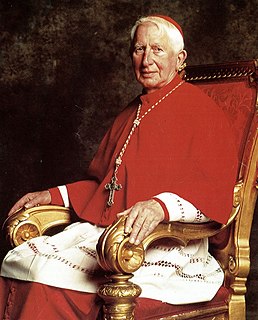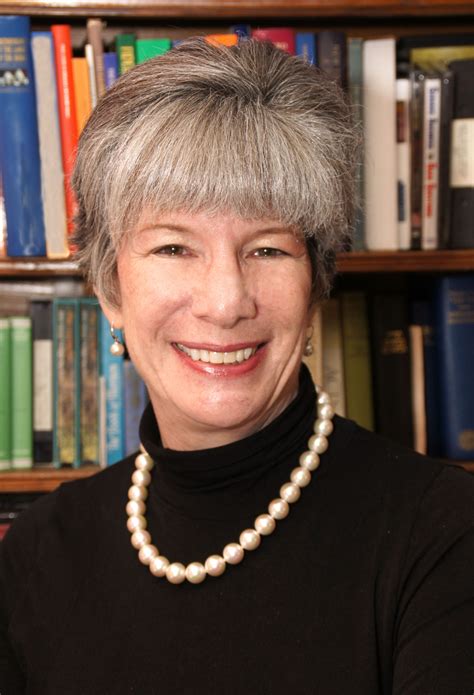A Quote by Basil Hume
How wonderful it would be if the love of God was our priority and the love of neighbour flowed from that.
Related Quotes
For us Christians, love of neighbour springs from love of God; and it is its most limpid expression. Here one tries to love one's neighbour, but also to allow oneself to be loved by one's neighbour. These two attitudes go together, one cannot be exercised without the other. Printed on the letterhead of the Missionaries of Charity are these words of Jesus: "as you did it to one of the least of these my brethren, you did it to me". Loving God in our brethren and loving our brethren in God.
By the experience of active love. Strive to love your neighbour actively and indefatigably. In as far as you advance in love you will grow surer of the reality of God and of the immortality of your soul. If you attain to perfect self-forgetfulness in the love of your neighbour, then you will believe without doubt, and no doubt can possibly enter your soul. This has been tried. This is certain.
A Christian society is not going to arrive until most of us really want it: and we are not going to want it until we become fully Christian. I may repeat "Do as you would be done by" till I am black in the fact, but I cannot really carry it out till I love my neighbour as myself: and I cannot learn to love my neighbour as myself till I learn to love God.
There is a religious principle: Love thy neighbour as thyself. But it's also an economic asset. If you've got a neighbour, you've got help, and this implies another limit. If you want to have neighbours, you can't have a limitless growth economy. You have to prefer to have a neighbour rather than to own your neighbour farm.
If we don't love ourselves, we would not love others. When someone tell you to love others first, and to love others more than ourselves; it is impossible. If you can't love yourselves, you can't love anybody else. Therefore we must gather up our great power so that we know in what ways we are good, what special abilities we have, what wisdom, what kind of talent we have, and how big our love is. When we can recognize our virtues, we can learn how to love others.





































